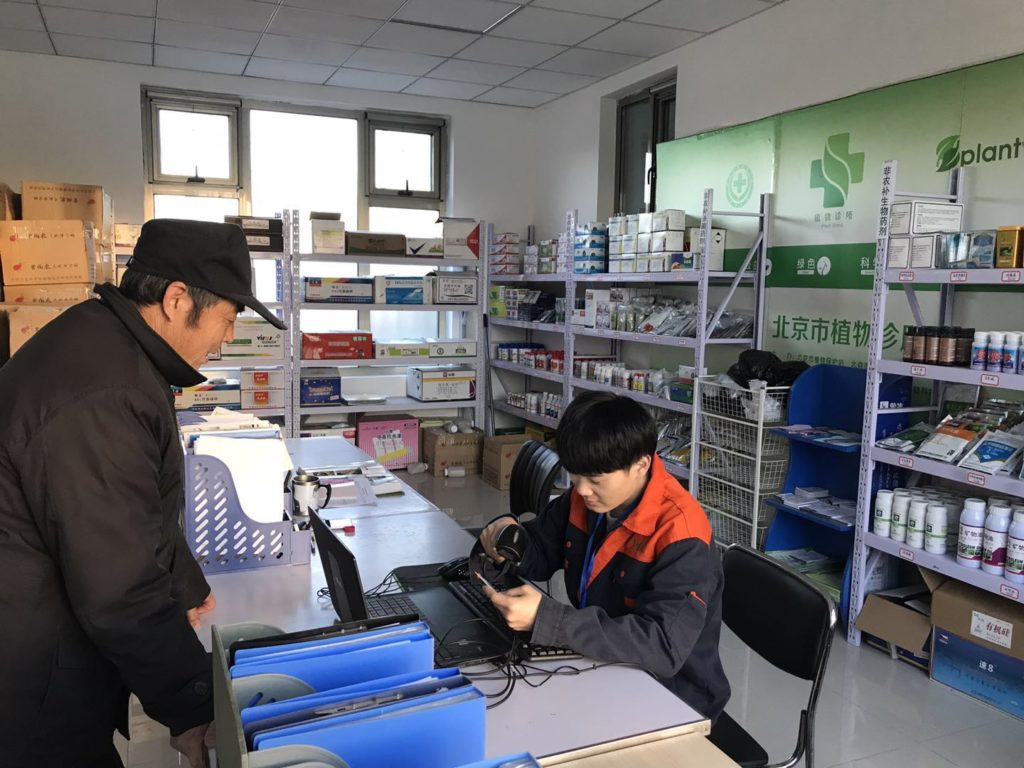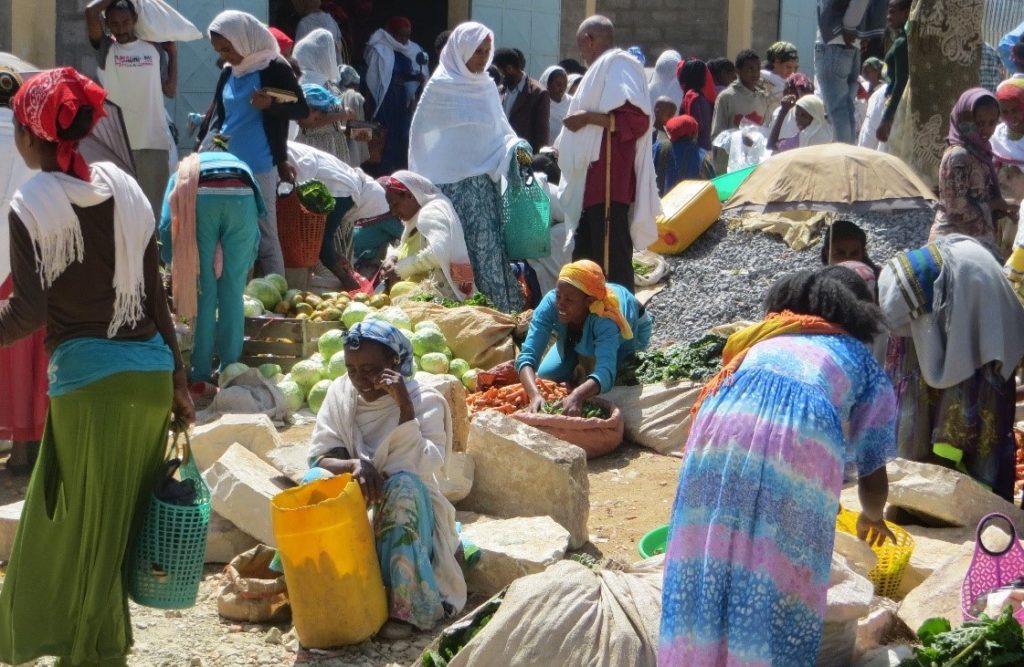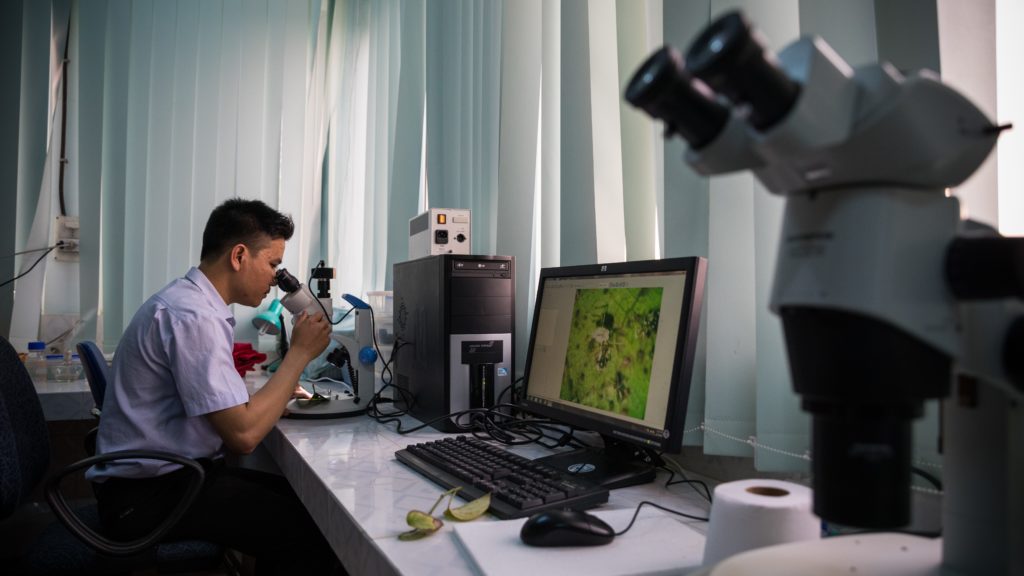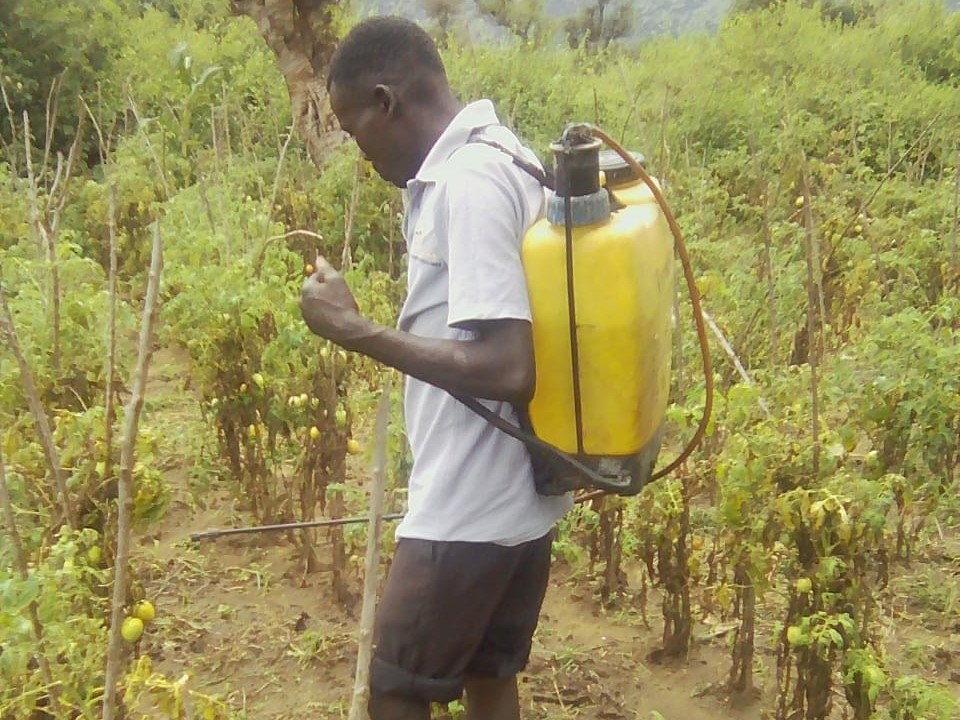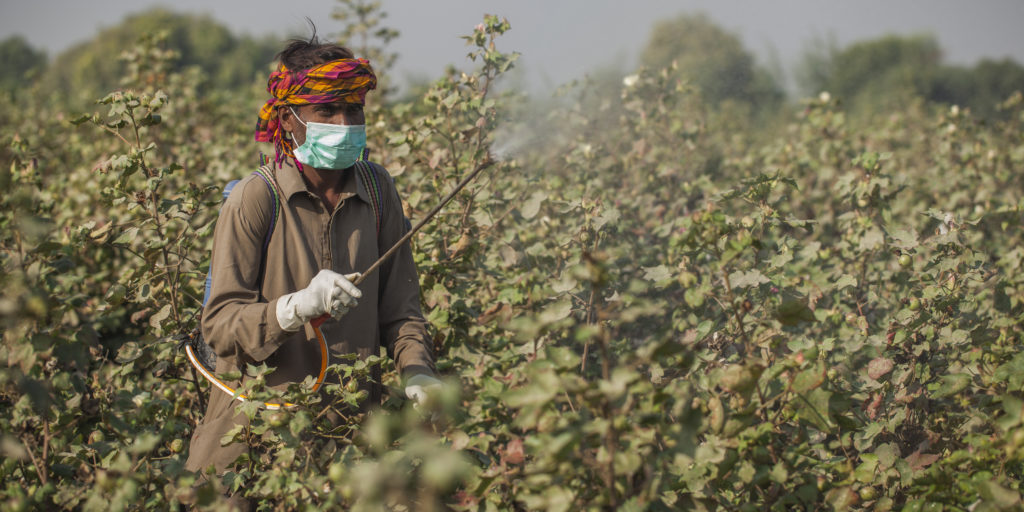Ukulima True – a Kenyan farming campaign to help reduce the risk of pesticides
As demand for food grows globally, farming practices must intensify. Farmers will need to use more low-risk tools to tackle plant pests and diseases. Pesticides are an important tool for pest management. However, they should be seen as part of a kit of many tools, not the only tool. This is because pesticides also pose…
Pesticide risk reduction tackled at behaviour change workshop in Kenya
Pesticide overuse and misuse pose a risk to farmers, consumers, and the environment. Chemical pest control is a major source of pollution, leading to water and soil contamination. Moreover, pesticides can enter the food chain through residues on crops, jeopardising food safety.
Using mass media campaigns to promote safer pesticide use
Multiple channels work best when sharing information about safer pesticide use Giving farmers the tools they need to make pesticide use safer is vital. Mass media campaigns can help to share pesticide information with them. But the campaigns work best when they’re delivered using multiple forms of communication.
Plantwise Most Read 2019
As 2019 draws to a close, we have crunched the numbers and present 2019’s most read articles. Plus a few firm favourites. Plantwise work on the ground has proven a popular topic, particularly with regard to reducing pesticide risk, as well as our work in digital development with the launch of the new-look Plantwise Knowledge…
Registration of red list chemicals halted in Pakistan thanks to Plantwise
Pakistan’s Department of Plant Protection (DPP) promotes the transition to sustainable crop protection systems. It promotes an integrated approach for crop protection policies and practices within the framework of Sustainable Food and Agriculture. Through a series of meetings with officials of DPP, CABI’s Plantwise team has urged the department to enforce the regulations to minimize…
CABI-led £1.6 million collaboration helps reduce China’s reliance on harmful pesticides
A CABI-led project involving an international team of remote sensing and plant protection experts is helping China reduce its reliance on harmful pesticides to fight crop pests and diseases including yellow rust fungal disease of wheat and locusts. The £1.6 million STFC Newton Agri-Tech Fund-financed project is leaving a lasting legacy in helping the Chinese Government…
Unregistered herbicides use rampant among smallholders
By Alex Abutu. Reblogged from SciDev.Net. African rice smallholders are increasingly using low-quality, unregistered herbicides because of inadequate capacity of governments to enforce strict monitoring of national pesticides regulations, a study says.




